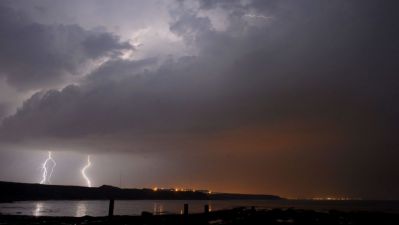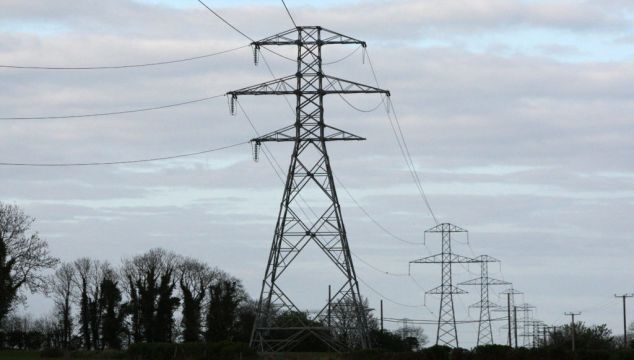EirGrid has warned of temporary electricity supply issues in the near future due to the low availability of renewable energy and unplanned outages of a number of conventional generation units.
The system alert means that the buffer between the demand for electricity and the available supply is currently below optimum levels.
While the alert warns of potential future issues, it does not indicate a current loss of electricity supply to customers.
A system alert often passes off without incident once a sufficient buffer between electricity supply and demand is restored.
We have issued a #System Alert due to low wind and solar and forced outages at a number of generators which has resulted in a reduced capacity to meet demand. We are working to resolve the issue. For more information https://t.co/dFfcBRnMfj
Advertisement— EirGrid Plc (@EirGrid) June 12, 2023
EirGrid said there was low availability of wind and solar energy and that the outages at other generators are both planned and unplanned.
Import of electricity through interconnectors is maximised.
EirGrid said it is closely monitoring the situation and working with conventional generators to ensure that plant performance and availability is maximised as well as working to optimise operation of the grid.
It added that it is continuing to work on a number of ways to address the supply-demand shift for the medium and long-term.
EirGrid is also working with the Commission for Regulation of Utilities and with the Department of the Environment, Climate and Communications on more immediate solutions.
The warning is to allow engineers and those in the wider electricity sector to take pre-planned action to protect the integrity of the grid.
It is a signal for all generators of electricity to make their facility available for use and not to put their facility at any risk of tripping.
The alert comes as new data from the Central Statistics Office shows that the percentage of metered electricity consumed by data centres rose from 5% in 2015 to 18% in 2022.
This was an increase of 4,016 Gigawatt hours between 2015 and 2022.
Total metered electricity consumption increased by 20% or 4,900 Gigawatt hours between 2015 and 2022.
Quarterly metered electricity consumption by data centres increased steadily from 290 Gigawatt hours in the first quarter of 2015 to 1,450 Gigawatt hours in the fourth quarter of 2022.

Environment and climate statistician for the CSO, Niamh Shanahan, said the increase in consumption was driven by a combination of existing data centres using more electricity and new data centres being added to the grid.
“Large energy users with very high consumption accounted for 27% of total metered consumption in 2022.
“The total metered electricity consumption in 2022 was 29,500 GWh which was a 3.5% increase on 2021.”







